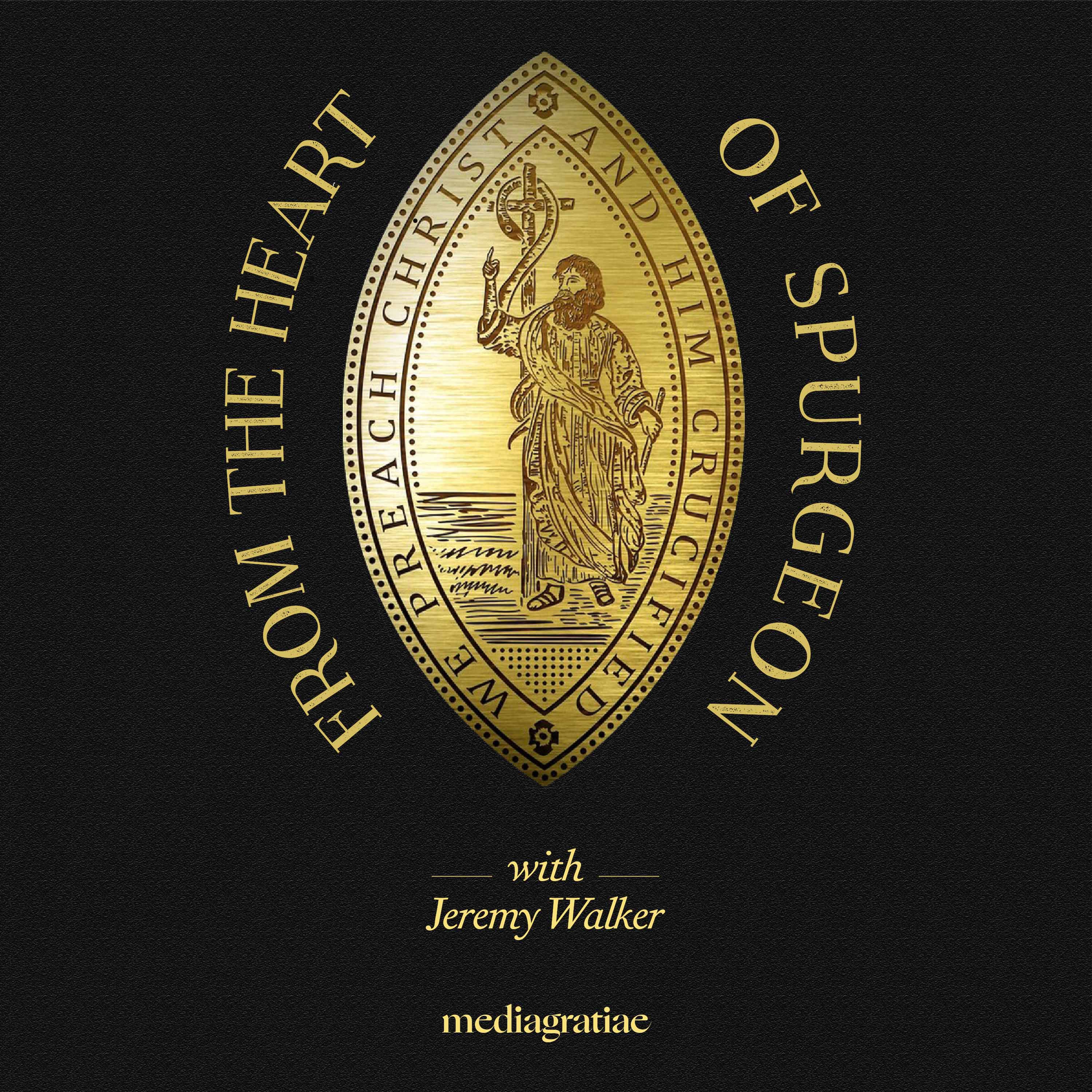Intercessory Prayer (S1049)
Description
The people of God ought to pray for saints and for sinners. Spurgeon’s text to enforce this duty is the last phrase of Psalm 141:5, drawn from the Authorised Version: “For yet my prayer also shall be in their calamities.” Acknowledging the difficulty of the phrase in the original, Spurgeon takes it in the form in which he finds it in his Bible, and applies it in those two simple directions. In praying for the saints, he teaches us to think in terms of obligation, honour, excellence, and extent. If this first of his two points takes the lion’s share of the space in the sermon, the second part probably wears the crown of intensity, for here the preacher pleads with his congregation to pray for the lost, bringing only a few but fiery reasons for them to do so. Prayer holds a vital place in Spurgeon’s estimation of his own walk with God, and in his estimation of the life and labour of any faithful and fruitful church. It both feeds into the work of the saints, and flows out of it, stirring us to the very labour which sends us back to the throne of grace for strength and for blessing. At one point, Spurgeon asks, “Do you not think, dear brethren, that if we were each one required upon the spot to give an account of his attention to this excellent duty, we should most of us need to be ashamed? May I venture to put the question to every Christian here, have you rendered to God and his church your fair proportion of intercessory prayer?” Assuming that the question receives the same answer today as it did in 1872, I trust that this sermon will prove as useful now as then.
Connect with the Reading Spurgeon Community on Twitter! https://twitter.com/ReadingSpurgeon
Sign up to get the weekly readings emailed to you: https://www.mediagratiae.org/podcasts-1/from-the-heart-of-spurgeon.
Check out other Media Gratiae podcasts at www.mediagratiae.org
Download the Media Gratiae App: https://subsplash.com/mediagratiae/app
More Episodes
This sermon is substantially an expression of adoration, in which Spurgeon traces a line from the general ascription of praise by the church to the specific life of a particular church in glorifying God. Our preacher turns our attention first to God himself, to consider his greatness, his...
Published 06/21/24
Spurgeon does not confuse the place or sequence of faith and love in our relationship to Christ, but neither does he allow either to recede from their proper place and sequence. The one who has put faith in Jesus will be one who loves the Lord Jesus above all. Saving faith always works by love....
Published 06/14/24
Published 06/14/24


